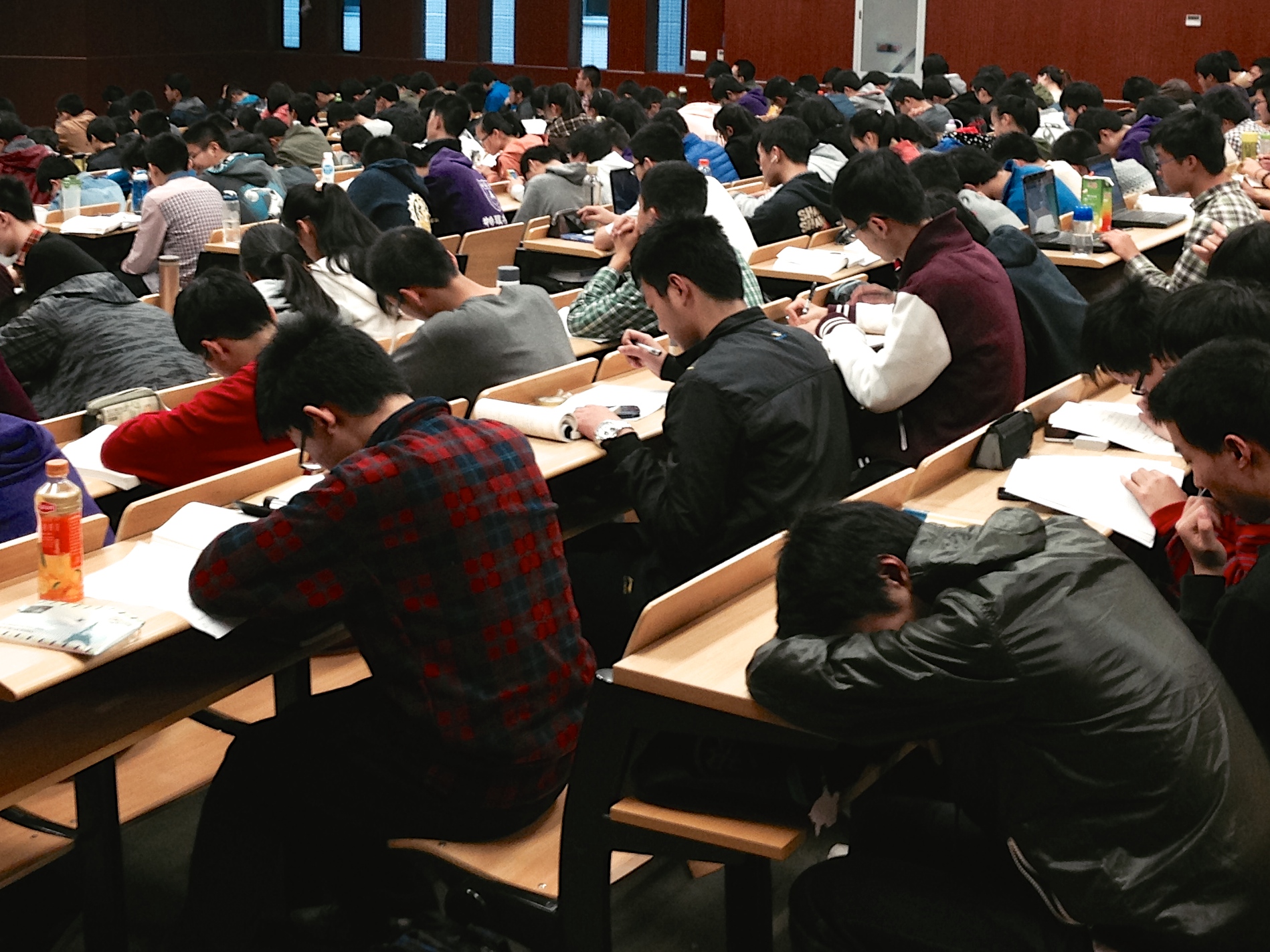One in three students in community colleges is “misdirected” toward remedial classes.
Photo: Bigstock
Because institutions rely on standardized tests to determine if a student is ready or not for college, some applicants have been assigned to developmental courses in subjects such as Math or English. These students often develop difficulties later on in college or drop out.
New possibilities are being created to reevaluate the assignment of remedial classes and the way to teach the subjects, all aimed at ensuring that the student remains motivated to study and their development is not impaired.
On the one hand, Center for the Analysis of Postsecondary Readiness (CAPR) is investigating an algorithm that analyzes the result of the positioning test and the GPA to predict more accurately the performance of students in math classes, English, or reading, and thus locate them in the most suitable program for their development.
Its primary purpose is to help prevent the student from being unfairly assigned to remedial classes, as in one of every three cases in community colleges.
In their pilot test, CAPR found that 14% of students scored higher in mathematics and 41% in English compared to their results in traditional tests.
On the other hand, there is the City University of New York’s Start initiative (CUNY), whose approach is to offer an intensive semester of remedial classes. Within that semester, they teach algebra and arithmetic, promote conceptual understanding, use real-life cases, and encourages the discussion and development of university skills before enrollment. Start takes advantage of a teaching method focused on the student.
At the end of the semester at CUNY, 38% of the students were ready for the subjects of mathematics, English, and writing of the University, compared with 13% of the traditional remedial classes.
In evaluating the remedial system, from how teachers are assigned, to the way in which students learn, they will have a more significant opportunity to be genuinely prepared to face the challenges presented by the university.
This article from Observatory of the Institute for the Future of Education may be shared under the terms of the license CC BY-NC-SA 4.0 
)
)






)
Christian Guijosa
Christian Guijosa
Christian Guijosa